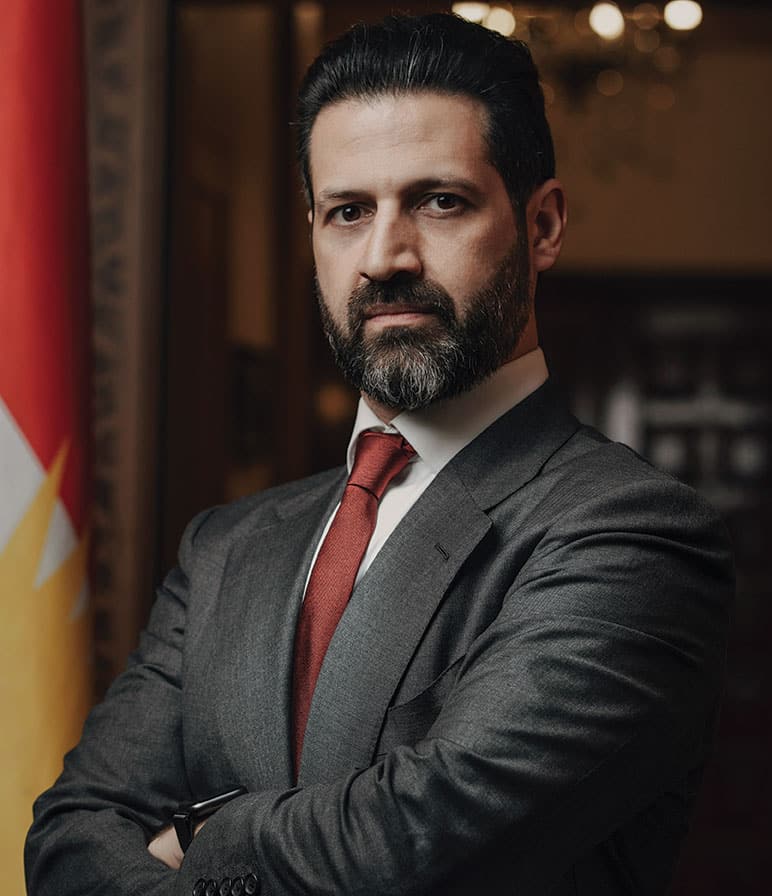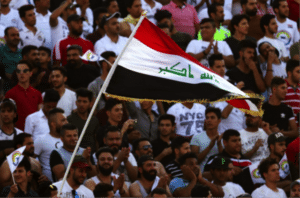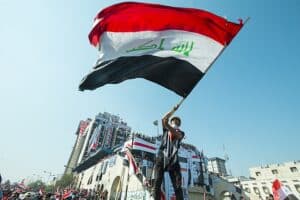Qubad Talabani 2020: diwitski
The Patriotic Union of Kurdistan (PUK), one of the prominent Kurdish parties in northern Iraq, has put an end to its over six-month-long boycott of regional government cabinet meetings with its main coalition partner. The division between the parties had raised concerns among Western countries, who feared the rift would deepen between the PUK and the Kurdistan Democratic Party (KDP), both are instrumental in the fight against Islamic State.
PUK ministers participated in cabinet meetings for the first time since the rare assassination that occurred in Erbil in October last year. The PUK is a junior coalition partner with Iraqi Kurdish Prime Minister Masrour Barzani’s KDP, with which it has a long history of power struggle. The PUK is led by the Talibani clan. Head of the KDP, Masrous Barzani and Deputy Prime Minister Qubad Talabani recently met for the first time since the assassination. They expressed their commitment to work together and overcome their differences. This breakthrough occurred shortly after a delegation from the U.S. Foreign Ministry, including Barbara Leaf, the Assistant Secretary of State for Near Eastern Affairs, visited Erbil and held discussions with leaders from both parties.
Deepening rifts and assassination controversy
The power struggle and resource disputes between the PUK and the KDP have long been a source of contention in the oil and gas-rich region of northern Iraq. Although power sharing arrangements have managed to contain mistrust between the parties since their civil war in the 1990s, recent events have reignited tensions and revealed internal divisions within the Kurdish political landscape. The United States is also concerned about the expanding influence of Iran, which has historical ties with the PUK.
The assassination of intelligence officer Hawker Abdullah Resoul in Erbil last year intensified the animosity between the PUK and KDP. The KDP released a video linking the PUK to the killing, intensifying the already simmering mistrust. Following Rasoul’s death, the KDP-dominated Regional Security Council accused a PUK security agency of involvement and detained several individuals while issuing arrest warrants for senior PUK security officials. The defection of PUK’s former head of intelligence, Salman Amin, who was granted a senior security role by Kurdish Prime Minister Mosrous Barzani, further deepened the right and provoked the PUK.
Escalating tensions and confrontations
Tensions escalated as PUK forces raided Amin’s home in Sulaimaniya, searching for sensitive documents and weapons allegedly taken from their intelligence office. In retaliation, around 100 security personnel under Amin’s command approached the house of Deputy Prime Minister Qubad Talabini in Erbil, threatening to raid it. The intervention of Kurdish President Nechrivan Barzani prevented the situation from turning violent. In a, what is seen as a provocative move, PUK leader Talabani accompanied by Qubad and a suspect implicated in Rasoul’s killing, flew to Erbil, but their departure from the airport was delayed until the president intervened once again. The deteriorating political relations reached a point where PUK ministers boycotted meetings of the Kurdistan Regional Government (KRG), resulting in the postponement of regional elections, now rescheduled for November 18.
Past strains and current divisions
Previous strains between the PUK and KDP were evident in the aftermath of the 2017 Kurdish Independence referendum, which backfired when Iraqi forces seized Kurdish territory. Blame for the loss of Kirkuk, home to one of Iraq’s oldest and largest oilfields, was traded between the two parties. This year, tensions flared again during the selection of Iraq’s president, with the post ultimately going to KDP-backed Abdul Latif Rashid instead of the PUK’s candidate, Barham Salih. Analysts say that the KDP, feeling less bound by past power-sharing agreements, seek to assert itself while the PUK struggles with leadership feuds, financial pressured, and delayed salary payments. The PUK has consistently voiced grievances over unequal distribution of revenues by the regional administration in Erbil, accusing the KDP of favouring its own areas.
Despite benefiting from the downfall of Saddam Hussein, the Kurds face significant challenges. Their autonomy has expanded, foreign investments in oil and gas have been attracted, and they have secured a share of power in Baghdad, including the requirement that the president be a Kurd. However, the internal struggles between the PUK and KDP have wider consequences for stability and governance in the region. The ability of the Kurdish factions to effectively address pressing issues, such as high unemployment rates, deficient public services, a wave of emigration to Europe, is undermined by their internal conflicts.
Author: Manouk Bronzwaer



